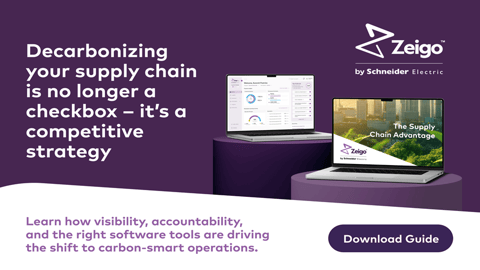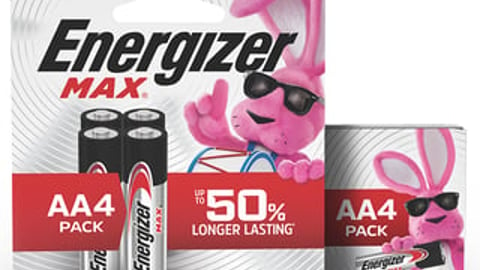C-Suite Roadmap: Consumer Goods Forum Issues Guide for Operationalizing Net Zero
The Consumer Goods Forum (CGF), a global industry network that encourages the adoption of a range of industry standards, has launched a playbook for not only developing decarbonization roadmaps but also operationalizing them.
The Net Zero Playbook for Consumer Industries, developed with Accenture and the Race to Zero — a campaign to accelerate climate action toward achieving net-zero emissions by 2050 — launched at the 2022 United Nations Climate Change Conference (COP27) in Egypt this week. It’s designed to provide practical solutions to help consumer-facing companies address emissions challenges, as well as showcase opportunities for firms working toward net zero.
All of today’s major consumer goods companies have publicly announced sustainability goals, many of which include achieving net zero — the practice of balancing the amount of greenhouse gasses emitted into the atmosphere with the removal of them. But effecting real change without greenwashing is a harder task for CPGs bogged down by legacy processes, with some research indicating that many firms will fall short of their goals.
The guide, which can be accessed here, includes case studies demonstrating how companies are achieving progress across such segments as plastics and packaging, transport and logistics, consumer use, sustainable agriculture, and supplier enablement.
“As a CEO-led organization — and accelerator of the Race to Zero — we have focused on helping transition members to net zero by supporting them with specific tools and processes to drive large-scale, cross-sector change, reshaping the way they interact with nature,” said Ignacio Gavilan, sustainability director at the Consumer Goods Forum, in a statement.
The Consumer Goods Forum includes CEOs and senior management from around 400 manufacturers, retailers, service providers, and other stakeholders across 70 countries. Among the CPG members include Nestle, General Mills, PepsiCo, Mars, Essity, Reckitt, Coca-Cola, Kraft Heinz, Tyson Foods, Mondelez, Ferrero, and others.
For Consumer Goods Forum member Procter & Gamble, operationalizing sustainability has impacted product innovation. Developing a version of its Pampers diapers with a lower carbon footprint in turn led to a lighter and thinner product that more strongly resonated with consumers, according to Mouhammad Takieddin, P&G's VP of IT and global master data management and sustainability.
"The right data and the right systems can help … in combining innovation and technology to better serve our consumers in a world where sustainability becomes a super sensitive topic, both for the existence of the company and also for the survival and the success of their brands," said Takieddin at a recent CGT League of Leaders meeting.








